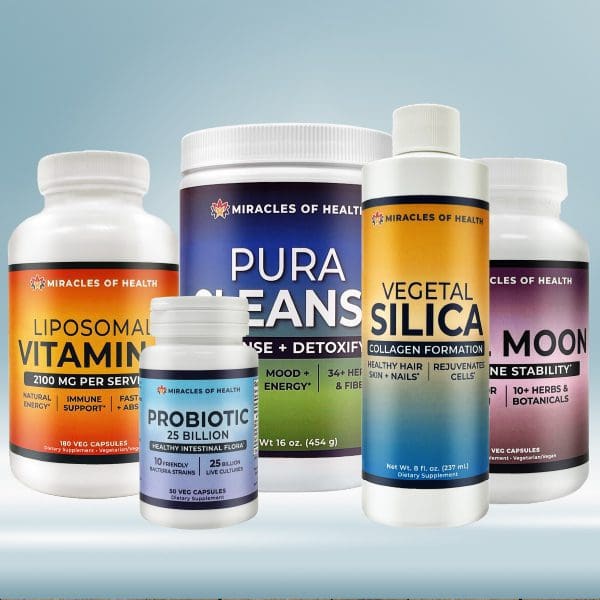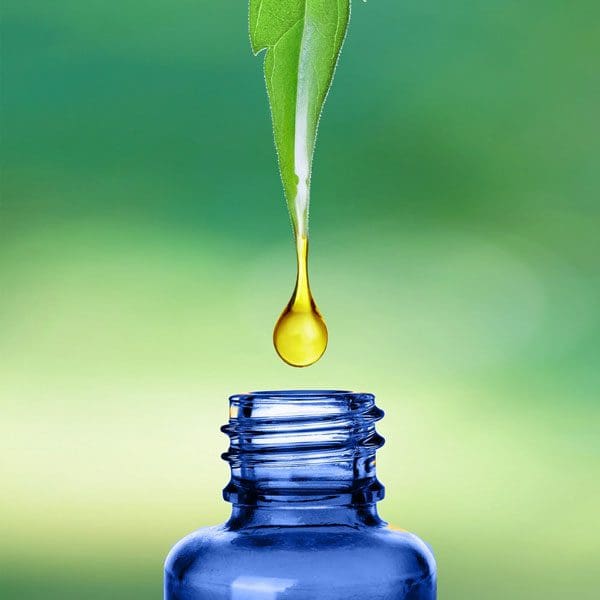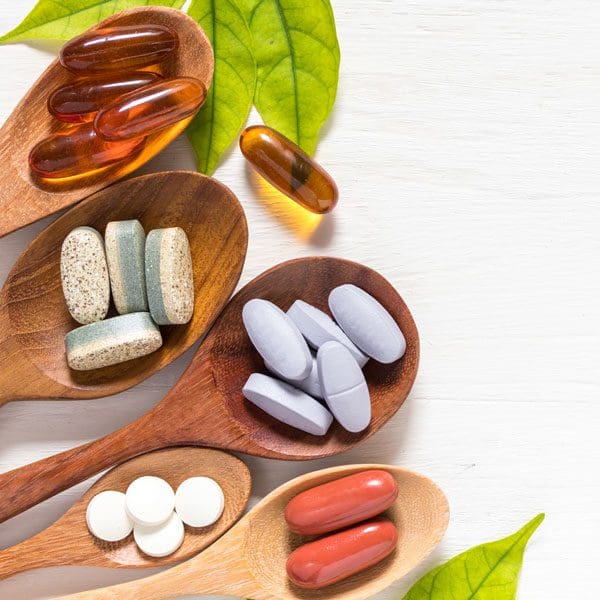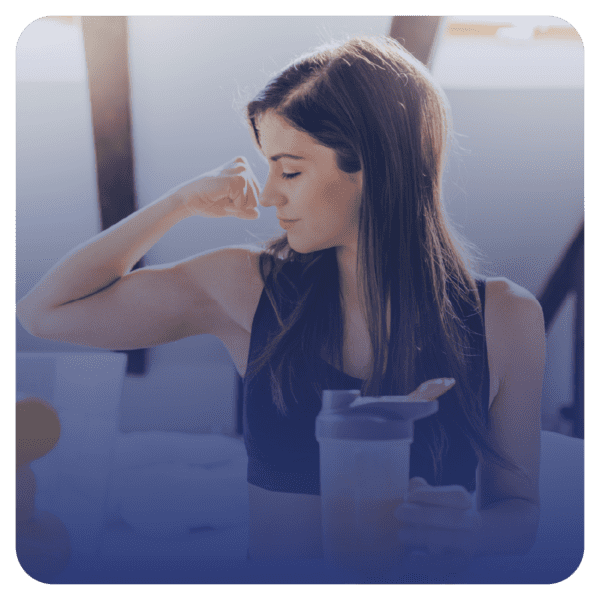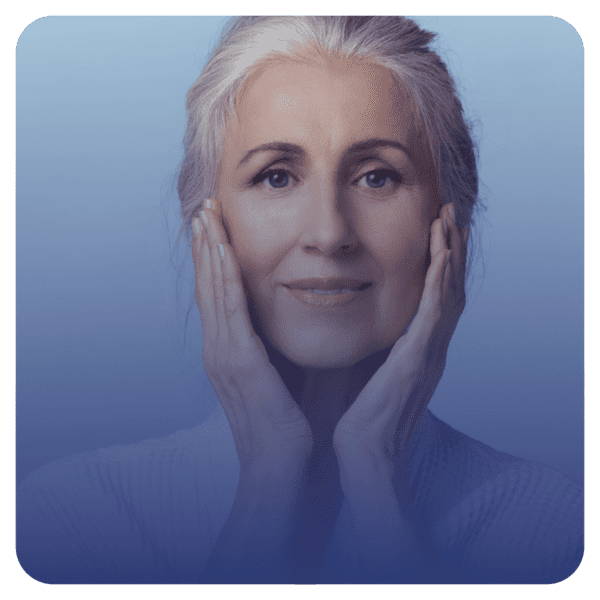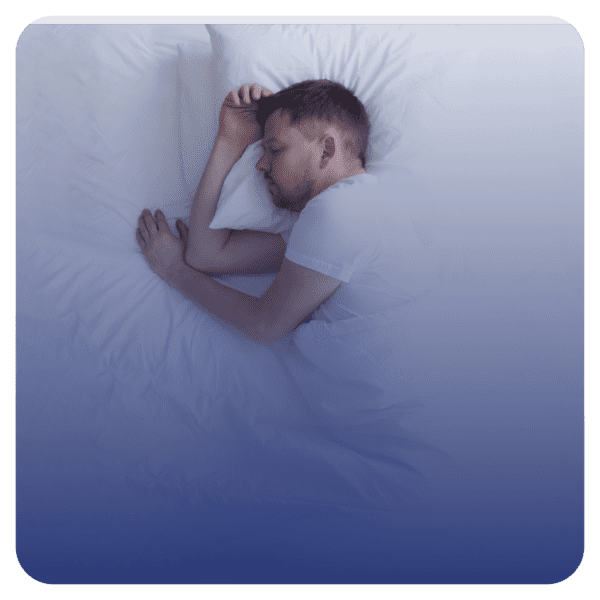The overuse of antibacterial products, including disinfectants may be producing strains of multi-antibiotic-resistant bacteria. Antibacterial cleaning products are no more effective at preventing infection than good personal and household hygiene using ordinary soap, warm water and plain detergent.
Media advertisements press the point that bacteria in the home are harmful and must be eliminated by using any number of the antibacterial or antimicrobial products available.
Recent research has proven that due to the overuse of these products, the opposite is true. In fact, Minnesota has banned several types of antibacterial soaps and cleansing agents (namely those containing Triclosan) in order to stop the spread of infectious diseases and avoidable illnesses. The CDC found that there are traces of Triclosan (the most common and dangerous antibacterial agent) in 75% of American’s urine.
Numerous household products contain antibacterial agents.
These products are labelled as antibacterial, antiseptic or antimicrobial and are everywhere. They include:
- Soaps and detergents
- Hand lotions
- Disinfectants
- Window cleaners
- Cleaning cloths
- Surface sprays
- Mouthwashes
- Toothpastes
- Garbage bags and plastic wrap
- Textiles and carpet underlay.
Triclosan’s Connection to Declining Health
Antibacterial products are meant to slow the spread of bacteria but their overuse in recent decades has led to mutations of the very bacteria they are meant to protect us from. This has resulted in strains now becoming resistant to antibacterial cleaning agents and causing more harm than we could have imagined. While antibacterial cleansers do kill weaker bacteria, it leaves behind the stronger strains, allowing them to multiply and mutate into stronger versions of themselves. What’s more, the ‘good’ bacteria that’s meant to keep the ‘bad’ bacteria in check is also wiped out!
Through the study of pharmacoepidemiology (how people use medicines), an investigation into the overuse or misuse of antibiotics led to the discovery that these antibacterial cleansing agents are having a detrimental impact on our health. Scientific American Online found that overuse of antibacterial products could be leading to not only an increase in super-bacteria but also an increase in allergies and even the prevalence of cancer and hormonal disruptions.
Most bacteria are beneficial.
Most bacteria actually help humans. For example, intestinal bacteria help us to digest food. The ‘good’ bacteria that naturally live on and inside our bodies help us stay healthy by keeping the numbers of ‘bad’, disease-causing bacteria under control.
When you use antibacterial or antimicrobial cleaning products, good bacteria are also killed. This could be harmful if the ratio of good to bad bacteria is disturbed, and bad bacteria get the upper hand.
By overusing antibacterial products, children’s immune systems aren’t what they used to be. Our bodies need bacteria. We need to be exposed to a variety of bacteria as this is how our immune systems flourish and keep us healthy throughout our lives. With exposure, our bodies are able to properly develop and strengthen.
Things to remember:
- Evidence suggests that the use of antibacterial and antimicrobial cleaning products may produce strains of multi-resistant organisms.
- Antibacterial and antimicrobial cleaning products are no better at eliminating bacteria than cheaper plain soaps, detergents and warm water.
- Choose soap that does not contain triclosan.
- Avoid products that are labeled “antibacterial” or look for tricolsan in the ingredients. Choose glycerin, Castile or vegetable-based soaps in bar or liquid form.
Consider these all natural cleansers that will do the same but without leaving behind a film of chemicals:
All-Natural Cleansing Spray I
- 1 cup water, distilled or filtered
- 5 drops orange essential oil (anti-infectious, antivirus, antiseptic, antiviral)
- 5 drops lavender essential oil (anti-infectious, antivirus, antiseptic, antiviral, antibacterial)
- 5 drops eucalyptus essential oil (anti-infectious, antivirus, antiseptic, antiviral, antibacterial, antifungal)
- 5 drops tea tree oil (anti-infectious, antivirus, antiseptic, antiviral, antibacterial, antifungal)
Mix ingredients into a clean spray bottle, shake and store in a dark place. Use this spray as you would any other!
All-Natural Cleansing Spray II
- 1/2 cup white vinegar
- 3 cups water
- 10 drops tea tree oil
- 5 drops lavender essential oil
- 5 drops orange essential oil
Mix ingredients into a clean spray bottle, shake and store in a dark place. If you’re concerned about your home smelling like vinegar after using this spray don’t fret! The essential oils in the mix will overcome the vinegar smell. Use this spray as you would any other! Bonus–it’s even a great glass cleaner (no streaks!)

